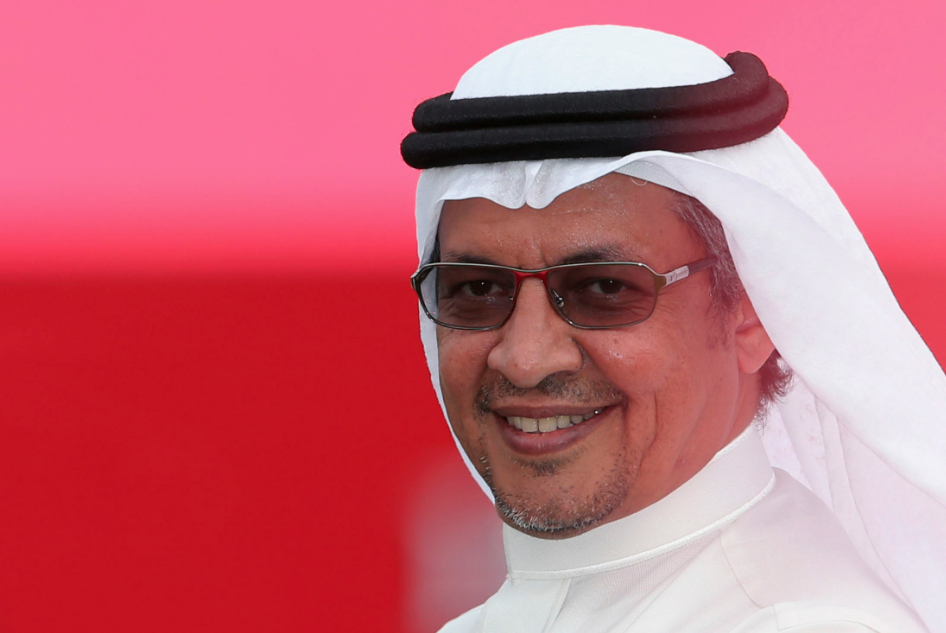Several high-ranking officials and Ministers in Saudi Arabia discussed the state of the Kingdom’s economy on a popular television show last week, according to Bloomberg, in what amounted to “an unusual attempt by a government not known for transparency to promote its plan to cope with the plunge in oil prices.”
“Saudis who switched on a popular talk show last week to listen to officials explain why state employees had their take-home pay cut were in for a shock,” Vivian Nereim of Bloomberg writes today. “Within minutes of the start of MBC1’s “Al Thamena” program, viewers were told that the public sector was bloated. Civil Service Minister Khalid Al-Araj said state workers were productive for no more than an hour a day, but see their jobs as a right. Mohammad Al Tuwaijri, the deputy economy minister, said without the recent austerity measures, the kingdom would have gone bankrupt in three to four years.”
The candor with which the Ministers discussed Saudi Arabia’s economic growing pains is a departure from the past, when high oil prices bought a comfortable life for many Saudis in the public sector.
“Vision 2030 is a Saudi manifesto announcing a new relationship between the ruling monarchy and the Saudi people,” SUSTG’s Richard Wilson wrote after the document was published this spring. “Beginning in the introduction and threaded throughout is a promise of better, more efficient and more transparent government in all facets of Saudi society.”
Now, with Saudi Arabia undergoing rapid change with its Vision 2030 economic transformation, once-private and closed-door conversations about the Kingdom’s problems have become more available to the Saudi public.
At the heart of Vision 2030 is an effort to de-couple the Saudi economy from fluctuating oil revenues. That was the subject Deputy Minister of Economy and Planning Mohammad Al Tuwaijri addressed head-on when he commented that the kingdom would have gone bankrupt in three to four years if cost-saving measures had not been taken, according to Bloomberg. “Our reliance on oil is a pure dependence…Economic diversification is basically non-existent.”

Vision 2030 is an “an ambitious yet achievable blueprint” for the future of Saudi Arabia’s economy that requires tough decisions from Saudi Arabia’s leaders.
The price of oil has doubled from a low of $26 in February to around $50 on international markets, but is still well short of the $100+ levels reached as recently as June 2014. According to the IMF, the Kingdom’s fiscal break-even price of oil will fall to $66.70 a barrel from $94.80 in 2015.
Another challenge for Saudi Arabia is inefficiency in Saudi Arabia’s public sector. Nearly 70% of employed Saudi nationals — more than 3 million — hold jobs in the public sector, according to McKinsey and Company. According to CNN, Civil service minister Khaled Alaraj said many Saudi government employees are really only working for an hour each day. “[The amount worked] doesn’t even exceed an hour — and that’s based on studies.”









